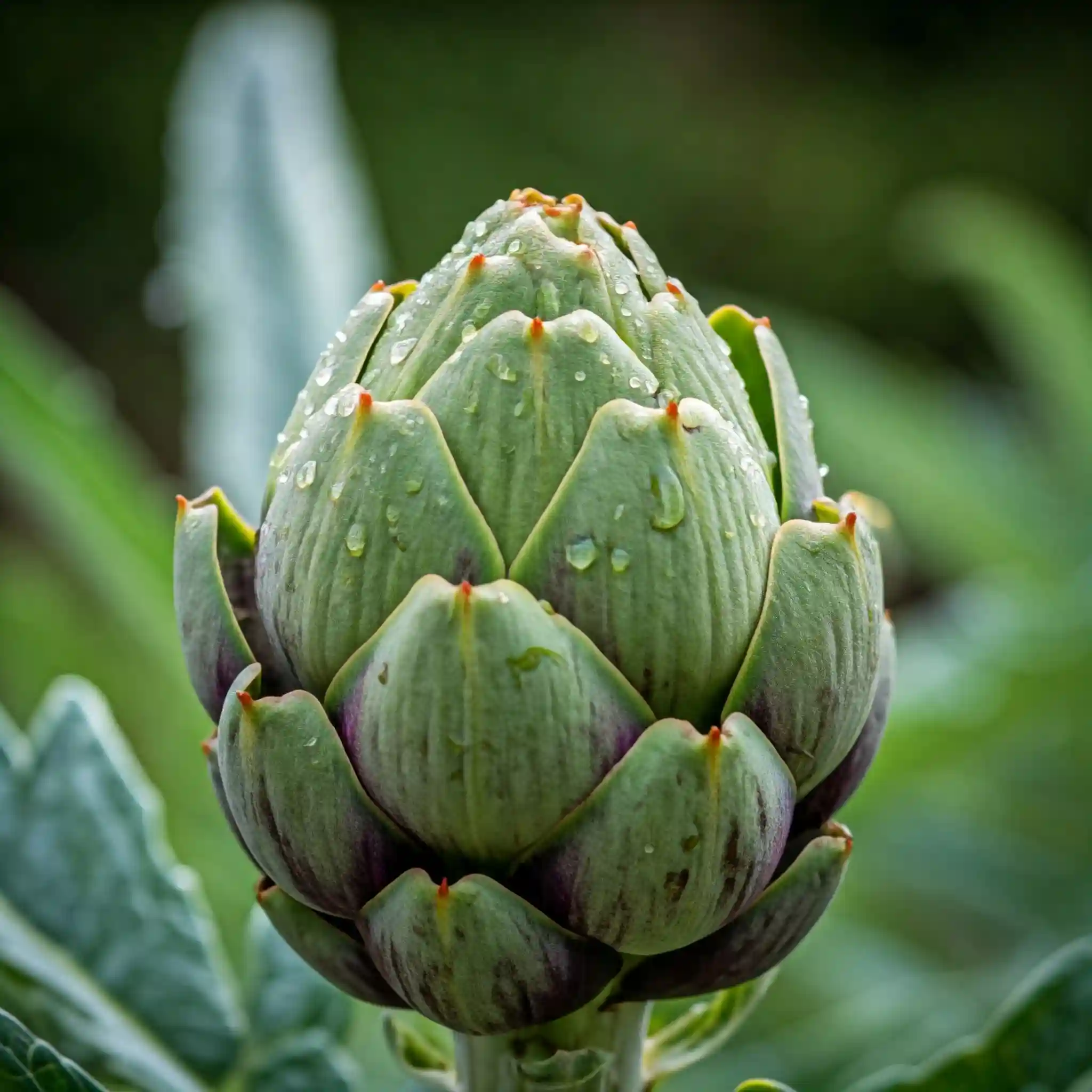Are you tired of struggling with poor soil drainage or struggling to germinate seeds? Have you ever considered using a natural, sustainable material that can improve your gardening and construction projects? Look no further than vermiculite. This versatile mineral offers a wide range of benefits for gardeners and beyond.
Vermiculite is a naturally occurring mineral that is mined and processed to create a lightweight, porous material. It has excellent water-holding capacity, thermal insulation properties, and fire resistance. These unique characteristics make vermiculite a valuable resource for various applications, from gardening to construction.
In this comprehensive guide, we will explore the many uses of vermiculite, from improving soil health to providing fire protection. We will also discuss the safety and environmental considerations associated with using vermiculite. By the end of this article, you will have a better understanding of how vermiculite can benefit your gardening and construction projects.
Vermiculite in Gardening
Vermiculite is a popular choice for gardeners due to its numerous benefits. It can help improve soil drainage, retain moisture, enhance seed germination, and promote plant growth.
Improving Soil Drainage and Moisture Retention
One of the most significant benefits of using vermiculite in gardening is its ability to improve soil drainage. Vermiculite is a highly porous material that can help to break up compacted soils and allow excess water to drain away. This is especially beneficial for plants that require well-drained soil, such as tomatoes, peppers, and roses.
In addition to improving drainage, vermiculite can also help to retain moisture in the soil. This is particularly useful during dry periods or for plants that require consistent moisture, such as ferns and orchids. By adding vermiculite to the soil, you can help to ensure that your plants have access to the moisture they need to thrive.
Enhancing Seed Germination and Plant Growth
Vermiculite can also be used to create a favorable environment for seed germination. It provides a moist, aerated medium that is ideal for promoting seed growth. By using vermiculite as a seed starting mix, you can increase your chances of successful germination and healthy seedlings.
Once your seedlings have established themselves, you can add vermiculite to your garden soil to help improve plant growth. Vermiculite can provide essential nutrients to plants and help to promote root development. It can also help to prevent soil compaction and improve aeration.
Using Vermiculite as a Potting Mix Ingredient
Vermiculite is a popular ingredient in many potting mixes. It can help to improve drainage, aeration, and moisture retention in potting mixes for a variety of plants. When using vermiculite in potting mixes, it is important to combine it with other ingredients, such as peat moss or coir, to create a well-balanced growing medium.
Vermiculite for Hydroponic Gardening
Hydroponic gardening is a popular method of growing plants without soil. Vermiculite can be used as a growing medium in hydroponic systems. It provides a stable and supportive environment for plant roots and can help to ensure that plants have access to the nutrients they need.
Vermiculite and Soil Health
Vermiculite can also be used to improve soil health. It can help to increase soil organic matter, improve soil structure, and reduce soil erosion. By adding vermiculite to your garden soil, you can create a healthier and more productive growing environment.
Vermiculite in Construction
Vermiculite is not only a valuable resource for gardeners but also for the construction industry. Its unique properties make it an ideal material for fireproofing, insulation, and acoustic treatment.
Fireproofing Properties of Vermiculite
One of the most well-known uses of vermiculite in construction is as a fireproofing material. Vermiculite has excellent fire resistance properties due to its ability to expand and form a protective barrier when exposed to heat. This makes it an ideal material for fireproofing structural elements, such as steel beams and columns.
Vermiculite fireproofing materials are often used in commercial and industrial buildings to help protect against fire damage. They can also be used in residential buildings to improve fire safety.
Vermiculite Insulation
Vermiculite is also a highly effective insulation material. Its low thermal conductivity helps to prevent heat transfer, making it an excellent choice for insulating homes and buildings. Vermiculite can be used in a variety of applications, including attic insulation, wall insulation, and floor insulation.
In addition to its thermal insulation properties, vermiculite can also help to improve the acoustic performance of buildings. It can help to reduce noise transmission and create a quieter environment.
Vermiculite Concrete
Vermiculite can also be used in concrete to create fire-resistant structures. Vermiculite concrete is a lightweight, durable material that can help to protect buildings from fire damage. It is often used in commercial and industrial buildings, such as warehouses and factories.
Vermiculite and Historical Preservation
Vermiculite has also been used in historical preservation projects. Its fire resistance and insulation properties make it an ideal material for restoring and preserving historic buildings. Vermiculite can be used to repair damaged structural elements and improve the energy efficiency of historic structures.
Other Vermiculite Applications
In addition to its uses in gardening and construction, vermiculite has a wide range of other applications. These include:
- Cat litter: Vermiculite can be used as a cat litter due to its absorbent properties and ability to control odors.
- Art and crafts: Vermiculite can be used in various art and crafts projects, such as creating decorative items or adding texture to paintings.
- Industrial applications: Vermiculite is used in a variety of industrial applications, including metallurgy, electronics, and cosmetics.
Cat Litter
Vermiculite is a popular choice for cat litter due to its absorbent properties and ability to control odors. It is a natural, non-clumping litter that can help to keep your cat’s litter box clean and odor-free. Vermiculite is also a more environmentally friendly option than traditional clay-based litters.
Art and Crafts
Vermiculite can be used in a variety of art and crafts projects. It can be added to paints and glazes to create a textured effect. It can also be used to create decorative items, such as vases or sculptures.
Industrial Applications
Vermiculite is used in a variety of industrial applications. In metallurgy, it can be used as a mold release agent and a heat-resistant filler. In electronics, it can be used as an insulating material. In cosmetics, it can be used as an absorbent and exfoliant.
Vermiculite Safety and Environmental Considerations
While vermiculite is a versatile and beneficial material, it is important to be aware of its potential risks. Vermiculite can be contaminated with asbestos, a harmful mineral that can cause respiratory problems. It is important to choose vermiculite products that are asbestos-free.
Asbestos Contamination
In the past, vermiculite was sometimes mined from deposits that also contained asbestos. This led to some vermiculite products being contaminated with asbestos. While most vermiculite products on the market today are asbestos-free, it is important to check the product label to ensure that it is safe to use.
If you are concerned about asbestos contamination, you can have your vermiculite tested to determine if it contains asbestos. You can also choose to use alternative materials that are known to be asbestos-free.
Environmental Impact
The mining and processing of vermiculite can have an environmental impact. However, many vermiculite producers are committed to sustainable practices that minimize their environmental footprint.
When choosing vermiculite products, it is important to consider the environmental impact of the mining and processing process. Look for products that are certified sustainable or that come from reputable suppliers.
Conclusion
Vermiculite is a versatile and beneficial material that can be used in a wide range of applications. From gardening to construction, vermiculite offers numerous benefits, including improved soil drainage, fire resistance, and insulation.
While there are some potential risks associated with using vermiculite, it is generally a safe and sustainable material. By choosing asbestos-free products and considering the environmental impact of the mining and processing process, you can use vermiculite responsibly.
I hope this comprehensive guide has provided you with valuable information about vermiculite and its many uses. If you have any questions or would like to learn more, please feel free to leave a comment below.




